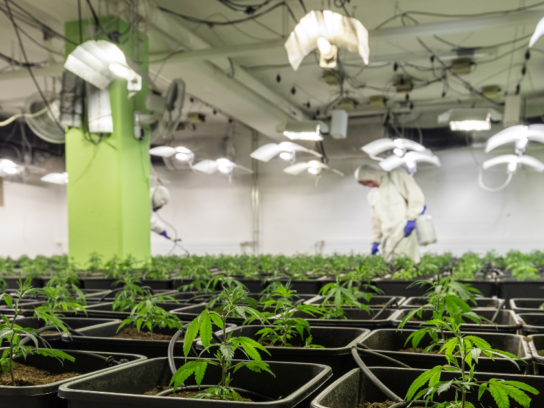
As part of the cannabis reform laws taking effect July 1, the state of Maryland seeks to repair the damage done by cannabis criminalization.
The criminalization of cannabis has disproportionately affected Black and Brown low-income communities. With cannabis about to become legalized, fair treatment of these communities stands as a priority.
The Maryland Cannabis Association (MCA) will be working with the new Office of Social Equity. Through July and August, they will offer outreach, training and guidance to new cannabis licensees.
In September MCA will have a 30-day application period for cannabis licenses. In this first round all applicants must be social equity applicants.
Social equity applicants must meet certain criteria to be considered people affected by cannabis criminalization. To qualify, applicants must have lived in a disproportionately impacted area for the past 10 years, attended public school in an affected area for at least five years or attended at least two years of a four-year higher education institution where at least 40% of the people who attended are eligible for a Pell grant.
A disproportionately impacted area is one that has 150% of the state’s 10-year average for cannabis possession charges. The Maryland Cannabis Administration will provide a map of these affected areas.
The Maryland Department of Commerce also provides a cannabis business assistance fund that prioritizes minority and women-owned business and sellers from populations disproportionately affected by cannabis criminalization. They also make grants to Historically Black Colleges for cannabis related programs.
They are currently providing Medical License Conversion Fee Grants which opened on June 1 and will close on June 30.
There will also be a second round of applications for funding opportunities on Aug. 1. The first round will focus on providing resources to social equity licensees who receive pre-approval before Oct. 1, 2022.



